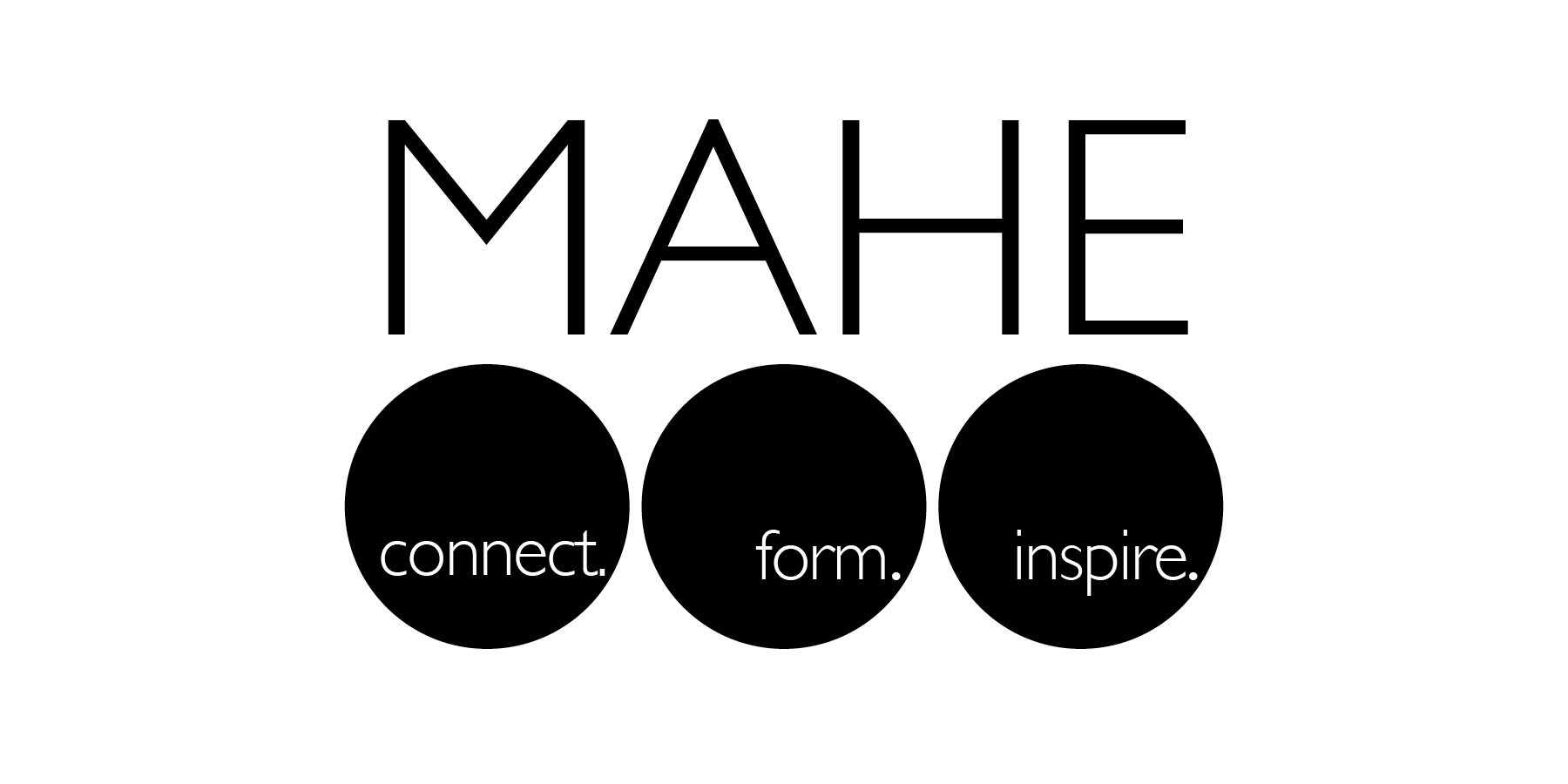Master of Arts in Higher Education (MAHE) Theses
Date of Award
2014
Document Type
Thesis
Degree Name
Master of Arts (MA)
First Advisor
Tim Herrmann
Second Advisor
Stephen Bedi
Third Advisor
Scott Moeschberger
Abstract
The current study surveyed 100 first-year students in order to answer the research question, “What are the perceptions of vocation of first-year students at a private faith-based liberal arts institution?” The study ultimate aimed to use the findings to assist career development professionals in planning programs that foster students’ discovery of their career aspirations and life purpose. A review of the literature revealed a gap regarding the perceptions of vocation among first-year students and how a private faith-based liberal arts institution can better support students’ vocational aspirations. The study utilized a modified grounded research theory qualitative design, which enabled the identification of themes through the analysis of student responses. The researcher selected the methods to achieve a more accurate theoretical sampling of the first-year students’ understanding of vocation by allowing their voices to drive the results.
The participants received twenty-five minutes to respond to the following questions: “How would you describe your understanding of the idea of vocation?” and “How do you believe attending this university will impact your sense of vocation, calling, and/or life’s purpose?” The researcher read, analyzed, and categorized the essays into themes that emerged from the participants’ responses. Seven themes emerged from each question. The primary finding of question one indicated that 90% of the participants viewed vocation as “a calling.” In response to question two, the predominant theme showed that students desired encouragement from their university community to develop their self-awareness and career path. The results of this study reflected the critical role of career development professionals—as well as the high expectations that students have of their institutions—to offer students support in discovering their career aspirations and life purpose. Future research could include the development of a survey instrument and quantitative analysis in order to gain a more precise understanding of students understanding of vocation.
Recommended Citation
Rupp, Jonathan D., "First-Year Students' Perception of Vocation at a Private Faith-Based Liberal Arts Institution" (2014). Master of Arts in Higher Education (MAHE) Theses. 60.
https://pillars.taylor.edu/mahe/60


